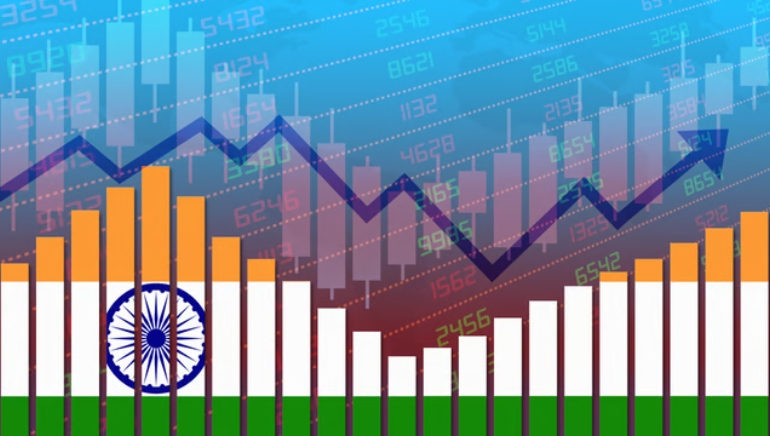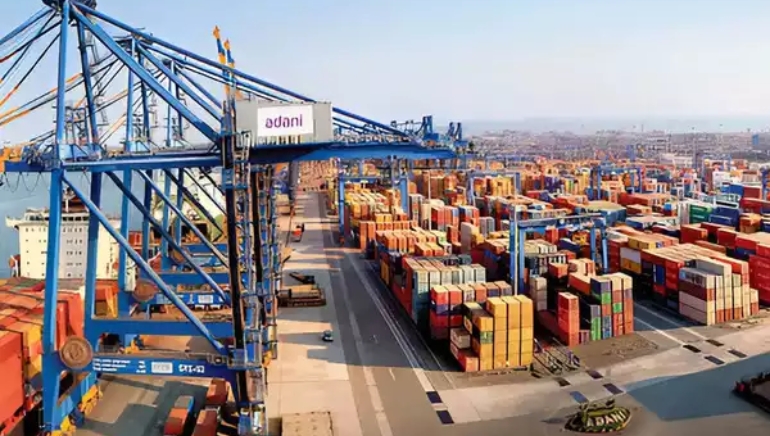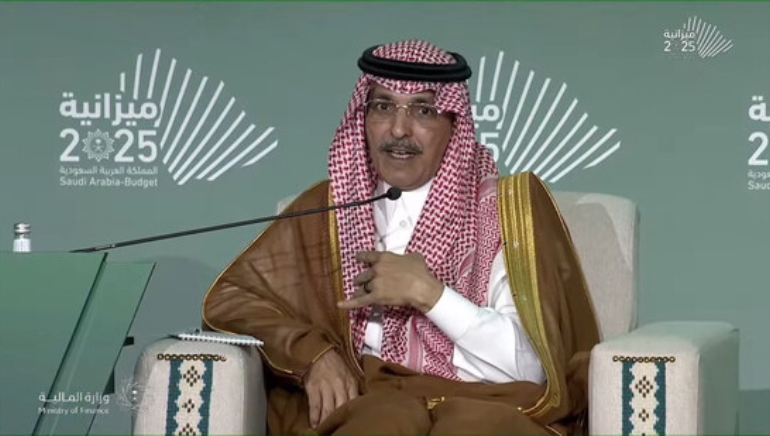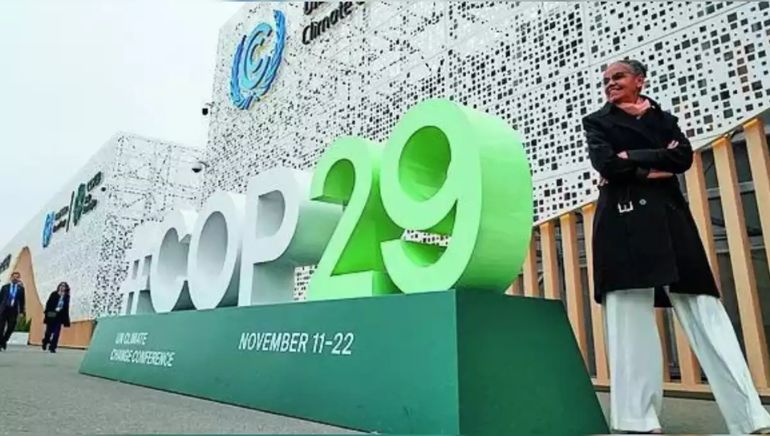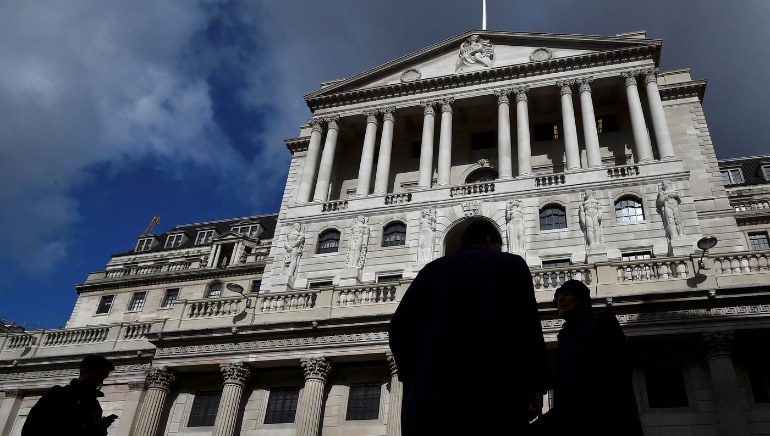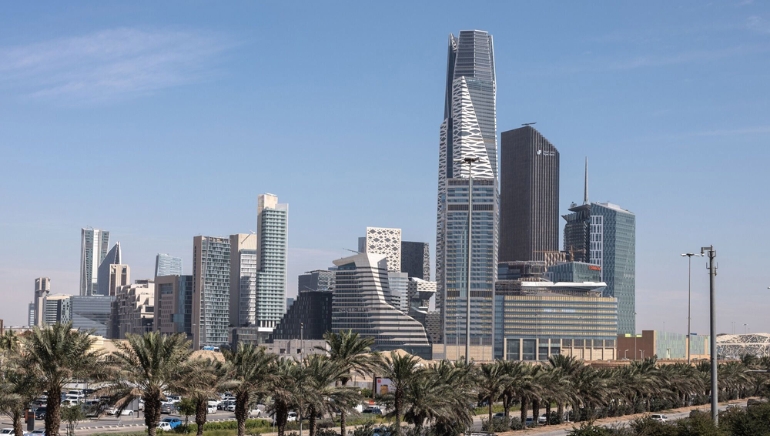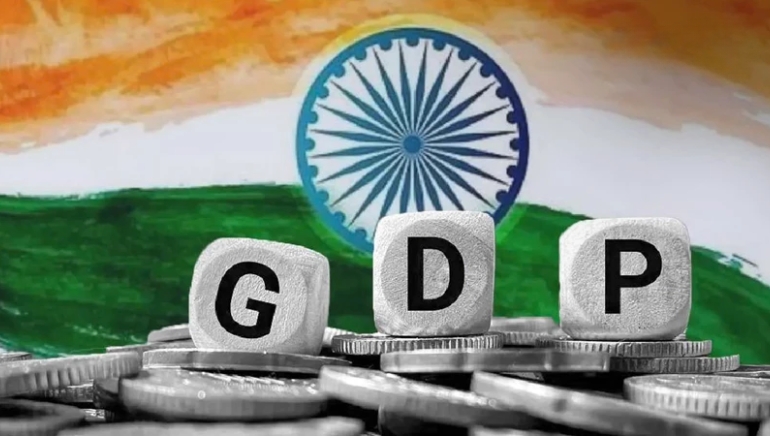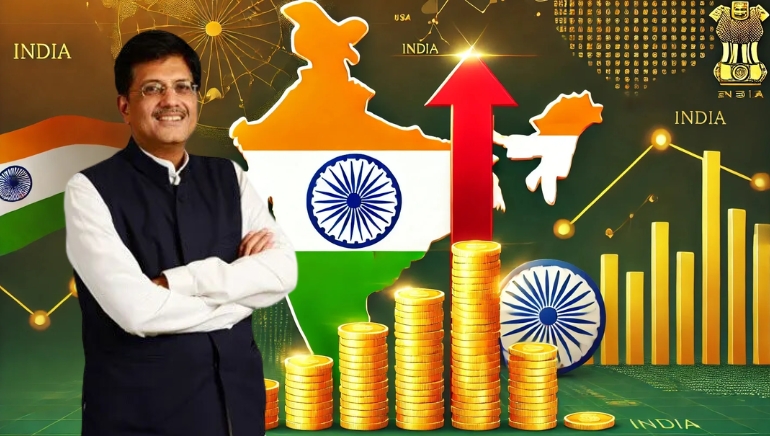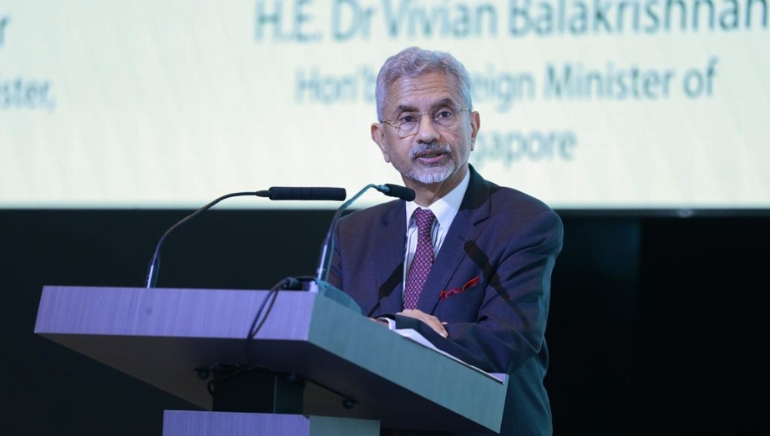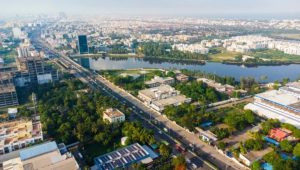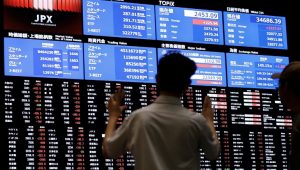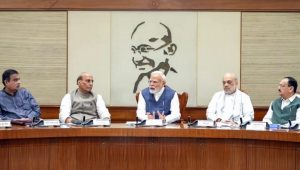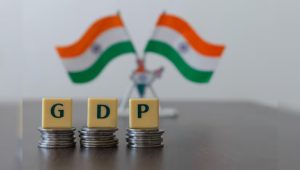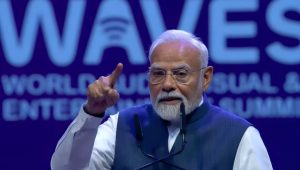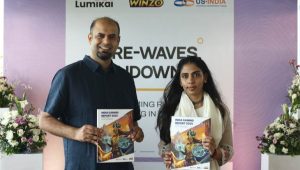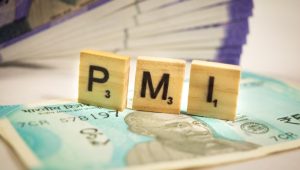The Indian government is ramping up efforts to achieve its 6.5%-7% economic growth target for this fiscal year, despite slower-than-expected growth from July to September. Economic Affairs Secretary Ajay Seth expressed confidence that growth would pick up in the second half of the year.
“Investor-friendly policies are in place, and tax rules have been simplified to attract more investments,” Junior Finance Minister Pankaj Chaudhary told lawmakers on Monday. The government is also focusing on boosting domestic manufacturing with increased incentives for electric vehicle makers and plans to raise the FDI limit in the insurance sector to 100%.
Prime Minister Narendra Modi, fresh from electoral victories in Maharashtra and Haryana, is expected to accelerate infrastructure spending as part of the $576 billion budget unveiled in July. Analysts believe this spending surge, alongside other measures, will provide a significant push to growth in the coming months.
“Government expenditure over the past few weeks will likely drive growth in the December quarter,” said economist Pranjul Bhand. The Reserve Bank of India may also face added pressure to adjust interest rates to support economic recovery.





